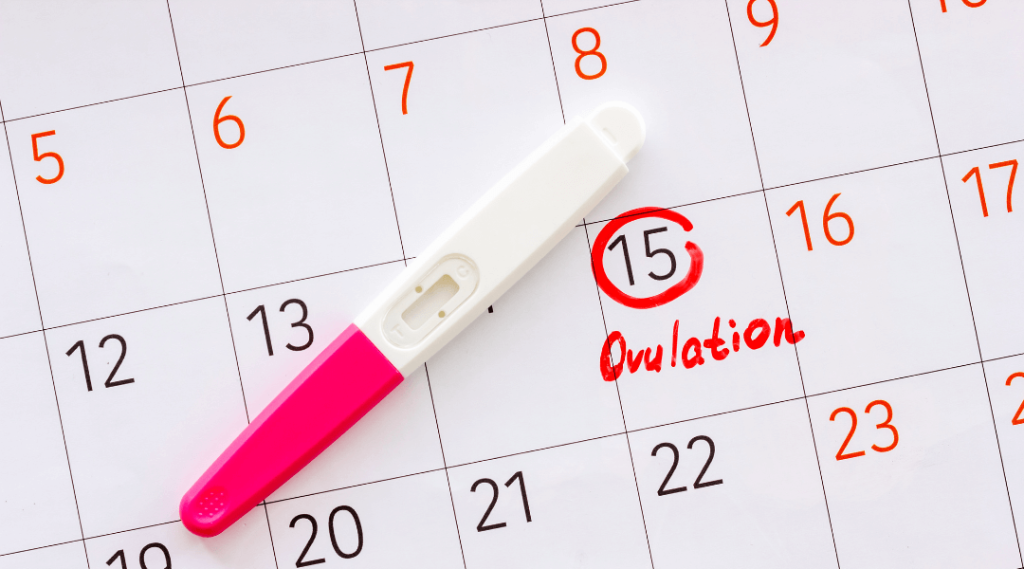Experiencing a miscarriage is deeply distressing. The heartache that follows the loss of a pregnancy is profound, as couples mourn the child they had begun to envision in their future. Every woman’s journey through this loss is personal. While some may need extended periods to heal, others may aspire to conceive again soon. A miscarriage typically resets a woman’s menstrual cycle, which can resume between 3 to 6 weeks post-miscarriage.

When Does Ovulation Begin After a Miscarriage?
Generally, ovulation may resume approximately two weeks post-miscarriage, once bleeding ceases, and hormonal levels stabilize. Yet, this timeline can vary. Some women may experience earlier ovulation, while others might face delays. Particularly, women with a history of irregular menstrual cycles might find pinpointing ovulation challenging. The initial menstrual cycle post-miscarriage can be characterized by intensified bleeding, elevated cervical mucus, and sporadic mild spotting throughout the month.

Recognizing the Signs of Ovulation
Post-miscarriage, the signs of ovulation remain largely consistent with those experienced pre-pregnancy:
- Breast Sensitivity: A noticeable tenderness in the breasts.
- Vaginal Discharge: A clear, stretchy consistency, akin to egg white.
- Light Spotting: Mild bleeding, distinct from menstrual flow.
- Abdominal Discomfort: A mild pain or twinge in the lower abdomen.
- Bloating: A swollen or bloated feeling in the abdomen.
- Basal Body Temperature Shift: A minor rise in basal body temperature, which can be tracked using a rectal thermometer. During ovulation, there’s a 0.5 – 1.0 F increase compared to non-ovulatory days.
- Detection of Luteinizing Hormone (LH): LH levels typically surge 36 hours pre-ovulation. Ovulation predictor kits, available online or at pharmacies, can help detect this surge.
Consultation is Key
It’s vital to seek medical guidance if any of the following symptoms manifest:
- Persistent, heavy bleeding
- Onset of fever post-miscarriage
- Absence of menstrual cycle beyond the anticipated timeframe
- Challenges in conceiving post-miscarriage
- Recurring miscarriages
In instances of multiple miscarriages, comprehensive testing is recommended to identify potential underlying causes.

Concluding Thoughts
A miscarriage, while devastating, isn’t the termination of hope. With meticulous planning and timely medical intervention during the early pregnancy stages, many women have the prospect of delivering a healthy baby in the future. Remember, every journey is unique, and there’s no defined timeline for healing or moving forward.

References:
- https://www.mayoclinic.org/diseases-conditions/pregnancy-loss-miscarriage/symptoms-causes/syc-20354298
- https://www.webmd.com/baby/guide/pregnancy-miscarriage
- https://www.healthline.com/health/pregnancy/miscarriage
- https://www.ncbi.nlm.nih.gov/pmc/articles/PMC4207953/
- https://www.acog.org/womens-health/faqs/early-pregnancy-loss
Leave a Reply